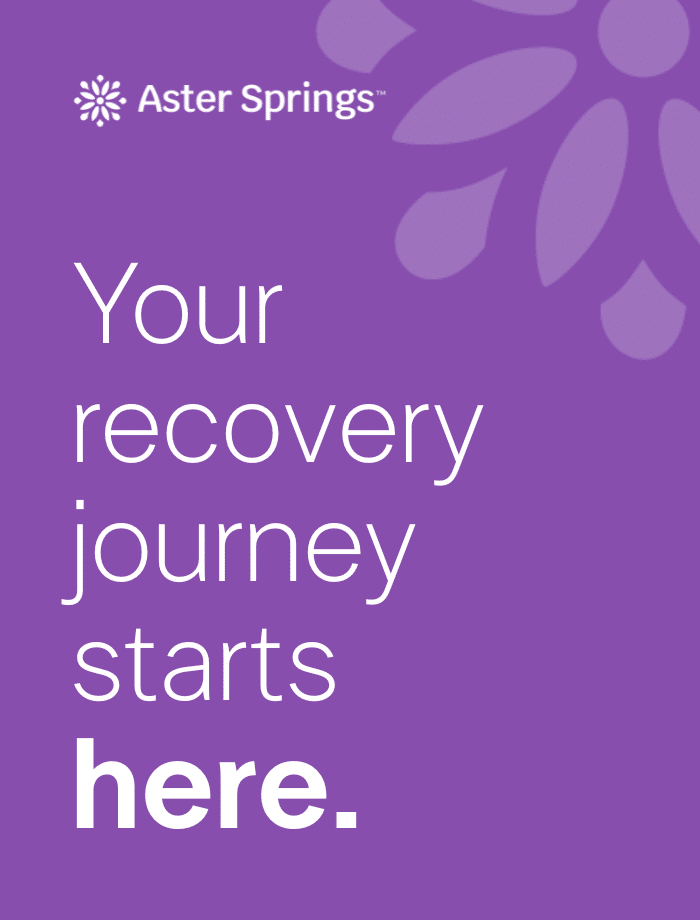When you are recovering from an eating disorder, you’ve got to celebrate your wins. In this blog post, we will walk you through some milestones worth recognizing.
The Importance of Celebrating Milestones While Recovering From An Eating Disorder
Recovery is really hard. Your eating disorder didn’t develop overnight, so it is going to take a while to heal your mind and body. This is why it is incredibly important to celebrate milestones.
The victories may seem minor, but the recovery process is a series of small “wins” against your eating disorder. As you start facing these challenges one at a time, you may begin to notice that some of these experiences feel easier than they used to be. These are milestones of recovery!
Let’s take a look at some victories that are worth celebrating during treatment.
Psychological Milestones of Recovery
- Conquering fear foods. The only way to feel more comfortable with scary foods is to begin incorporating them into your meals and snacks. Every time you eat it, recognize it as an accomplishment.
- Noticeable decrease in food anxiety. Reflect on how you felt about eating certain meals, snacks, or foods three months ago. If you have found it a little easier to eat this now, this is a sign that you are getting better.
- Reduction of behaviors. If you have had a measurable reduction in how often you engage in certain behaviors, such as over-exercising, binging, or purging, realize that you are making progress.
- Facing social eating situations. You joined your friends for ice cream and actually ordered dessert. You ate food at a restaurant without checking the calories first. You ordered something different other than your go-to “safe” food. This shows that your eating disorder does not have as much control over your social life.
Physical Milestones of Recovery
- Improved memory and concentration. When you are malnourished, it can be hard to maintain your train of thought or focus on work. If you are eating more and begin to find it easier to think clearly, acknowledge that this is a step toward recovery.
- Increased energy. Not eating enough can cause you to feel exhausted all the time. As you work on your meal plan, you may find it easier to get through the day. Pay attention to your energy levels, and celebrate that you physically feel better.
- Hair regrowth and stronger nails. Along with your energy and concentration, malnutrition can result in hair loss and brittle nails. As your body becomes appropriately nourished, you may notice that your hair becomes fuller and your nails don’t break as easily.
- Resumption of menstrual periods. When you don’t eat enough or experience weight loss, some people will stop having periods. Restarting your period is a physical sign that your body is beginning to heal from the disorder.
- Improvement in labs. Any changes in your labs indicate that you have severe, potentially life-threatening complications from your eating disorder. Once you follow your meal plan, you may begin to see improvement in your lab values.
It’s important to add that many people also have normal labs even when they have a severe eating disorder. Do not wait until your labs change to seek help from a trained professional.
Treatment Options for Recovery Hope
Through treatment, you can begin experiencing your own recovery milestones. Working with a trained therapist and dietitian can help you work through your barriers and set personalized goals. Explore our admissions page or contact us using the phone numbers or contact form below.


